Sky, ITV, UKTV and A+E Networks execs talk feeling “sick” at show launches, “unhealthy” Twitter feedback and the responsibility to keep ordering ”risky” shows
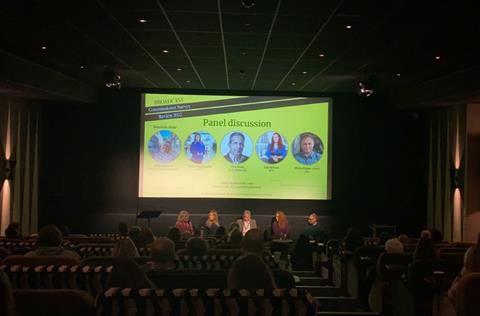
In its two iterations, Broadcast’s Commissioner Survey has shed valuable light on what the UK broadcaster and streaming decision-makers really think, how they work with indies and the wider industry, and their views on sector issues.
Respondents are anonymised to allow for the maximum amount of candour, but this can prove a double-edged sword: we have unfettered opinions, but readers may still view commissioners as faceless overlords, treating their pitches as playthings or prospective overnights figures.
At Broadcast’s recent Commissioner Survey Review, tastemakers from ITV, UKTV, Sky and A+E Networks fronted up to explain that they’re not working in an emotionless vacuum.
“There is no commission without risk. So, I feel a bit sick all the time – in a good way,” admits Lily Wilson, ITV entertainment commissioner, talking about “risk-aversion” among broadcasters.
“There is no commission without risk. So, I feel a bit sick all the time – in a good way. You’re meant to. I never really measured the idea of being risk averse, because any decision is always a bit of a hope, holding hands and jumping. I want to keep holding hands with producers.” - Lily Wilson, ITV
“You’re meant to. I never really measured the idea of being risk averse, because any decision is always a bit of a hope, holding hands and jumping. I want to keep holding hands with producers.”
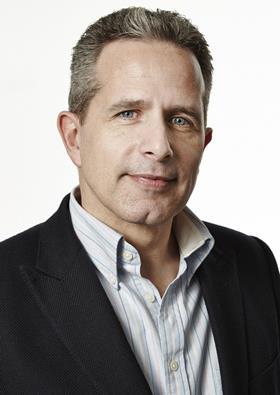
Dan Korn, A+E Networks vice-president for programming, concurs stating that commissioners must be “comfortable with discomfort”. But he notes this feeling tends to arise when taking a chance on a commission.
“If you’re not taking risk, it’s a real problem. Of course, you’ve got to super-serve your audience but if you’re not slightly terrified at the things you’re doing, then you’re probably not in the right zone,” he says.
Speaking openly and without the cover of anonymity, the execs also shed light on the sometimes tantalising, often mental health-shattering, world of Twitter feedback.
“It’s absolutely unhealthy,” director of Sky Arts Phil Edgar-Jones says. “I read it obsessively and put no value in the feedback.”
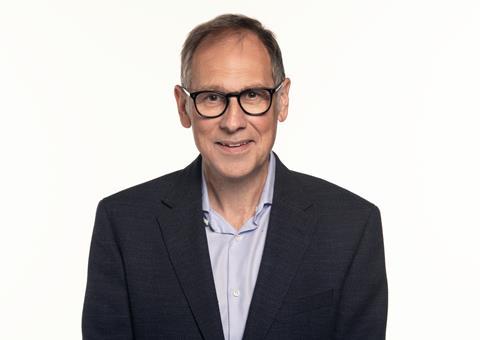
“I think it can be really quite dangerous,” Wilson adds. “With the Saturday night [TV] offering, which is Twitter fodder, you can start realising you’re making decisions or talking to producers about stuff that you read on Twitter. And you think: ‘holy crap, that’s not safe, is it?’
“You forget that you’re making a programme for ITV viewers, not just the ones who use Twitter.”
Korn sees aspects from both sides of the coin, noting the “massive impact in commissioning” social media has played.
“Some of that, as we know, can be uncompromising, very groupthink – it’s sort of the law of the mob,” he says. “You can’t be browbeaten by that, but it is a consideration.”
He cites upcoming Sky History science show Royal Autopsy, produced by Phoenix Television and Motion Content Group, which involves the dissection of the – prosthetic – bodies of Queen Elizabeth I and King Charles II. It was scheduled for earlier this year, but Korn says it was rescheduled due to the passing of Her Majesty Queen Elizabeth II. While he believes this will attract some criticism, it is the potential for pushback that encourages him.
“I think that will get a reaction and I don’t want to flinch from those risks. It’s incumbent on us to take those risks, otherwise you’re not being true to the brilliant creativity producers bring us.”
This is indicative of the personal investment the commissioners exude for their shows, and the reason it spurs them on.

“That’s why our job’s so great, because you can think: ‘oh God, my show didn’t do very well last night, and I want to just hide in the toilet’. But then something comes into my inbox, and I go: ‘oh my God, that’s a brilliant idea’. Then off we go again,” says Helen Nightingale, senior commissioning editor at UKTV.
Edgar-Jones is more blunt. “I get very bored really quickly,” he jokes, “So I want something new all the time to play with. Having those great creative conversations with people is where I get inspired and we can inspire each other, and others.
“If I get goosebumps when I’m talking to somebody about an idea and I can give them goosebumps back, those are the magic moments. Most of telly is pretty creative and interesting. Most of what we do really excites me and gets me up in the morning.”
Expectation and reality
Edgar-Jones is reframing a sobering point about how many shows beat all the filters to become a returnable hit. Though he acknowledges his triteness when he says: “of the 3% that get on the screen, maybe 2% of those are returnable”, he admits that TV has a “ludicrous business model”, when you look at it starkly.
“I am quite relieved when it’s raining,” Korn adds, while Wilson says she does “rain dances” on Saturday morning if she has a big entertainment show airing later. Despite the gallows humour, there is a serious point about how competition – be it from rival channels or other forms of entertainment – creeps into the commissioners’ minds.
“If it’s raining, I think thank goodness,” says Korn. “If there isn’t non-stop sport on, that’s a relief. Is Love Island or I’m A Celebrity… on? Oh no! While we don’t delight in misfortune, we’re aware of [external forces].”
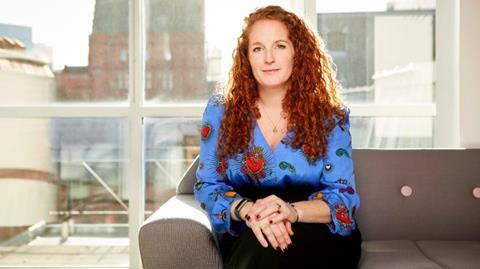
Wilson adds: “From an entertainment point of view, we hit audiences when it’s dark and cold. We don’t sit around relishing that people are at home; we make content for people because they want to watch it and want escapism and joy.”
“We owe the audience. We have to make programmes. A lot of people can’t do anything else apart from watch telly, so we’ve got to give them something to watch.” - Helen Nightingale
As Nightingale concludes: “We owe the audience. We have to make programmes. A lot of people can’t do anything else apart from watch telly, so we’ve got to give them something to watch.”








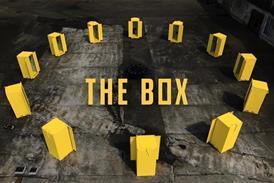







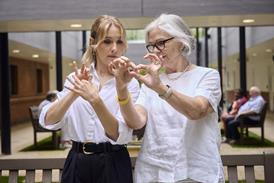






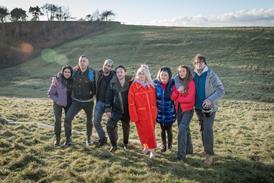


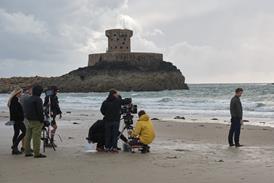






No comments yet